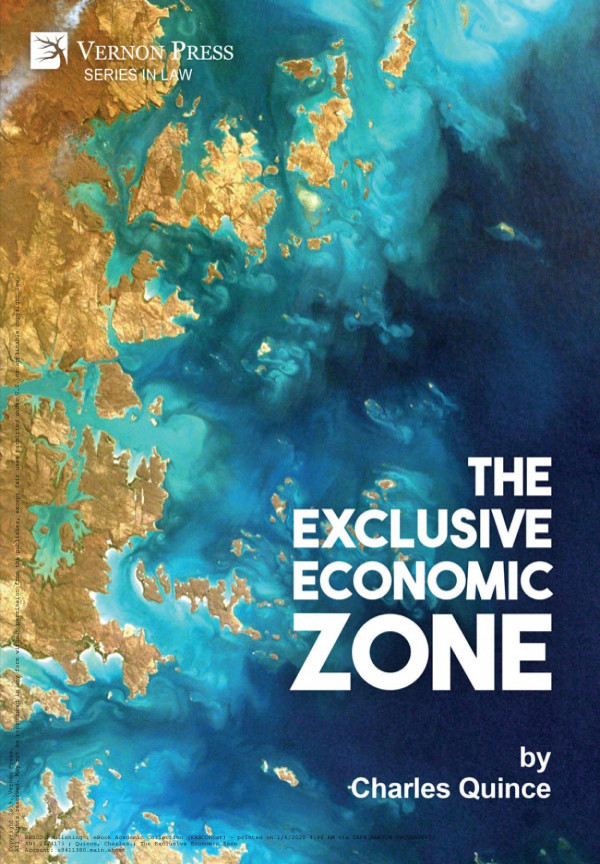

Most ebook files are in PDF format, so you can easily read them using various software such as Foxit Reader or directly on the Google Chrome browser.
Some ebook files are released by publishers in other formats such as .awz, .mobi, .epub, .fb2, etc. You may need to install specific software to read these formats on mobile/PC, such as Calibre.
Please read the tutorial at this link: https://ebookbell.com/faq
We offer FREE conversion to the popular formats you request; however, this may take some time. Therefore, right after payment, please email us, and we will try to provide the service as quickly as possible.
For some exceptional file formats or broken links (if any), please refrain from opening any disputes. Instead, email us first, and we will try to assist within a maximum of 6 hours.
EbookBell Team

5.0
58 reviewsThe UN has not only been influential in maintaining global peace and security
but also in implementing legal mechanism that controls the seas. The role it
plays in the progressive development of the law of the sea is, without a doubt,
significant. The highlight of this important work comes under the guidance of
the Third UN Convention of the Law of the Sea (UNCLOS), which essentially
defines the two-hundred-mile limits of the Exclusive Economic Zone (EEZ).
The background of the two-hundred-mile EEZ can be found in the unilat-
eral actions that South American nations implemented to protect exclusive
claims to natural resources off their shoreline. 1 These claims covered not only
the underlying seabed, but also pertinent natural resources in the seabed as
well. The concept of the EEZ was further shaped by UNCLOS III and Articles
45–61 of the Informal Single Negotiating Text (ISNT) appended to the Second
Substantive Session of UNCLOS III. 2 The revised Single Negotiating Text asso-
ciated with the 1976 New York sessions clarified and reformulated the provi-
sions set forth in Articles 45–61 of the ISNT . 3 The standards associated with
the EEZ were reproduced in the informal composite negotiating text (ICNT),
the 198 Draft Convention, and in the Law of the Sea (LOS) Convention.